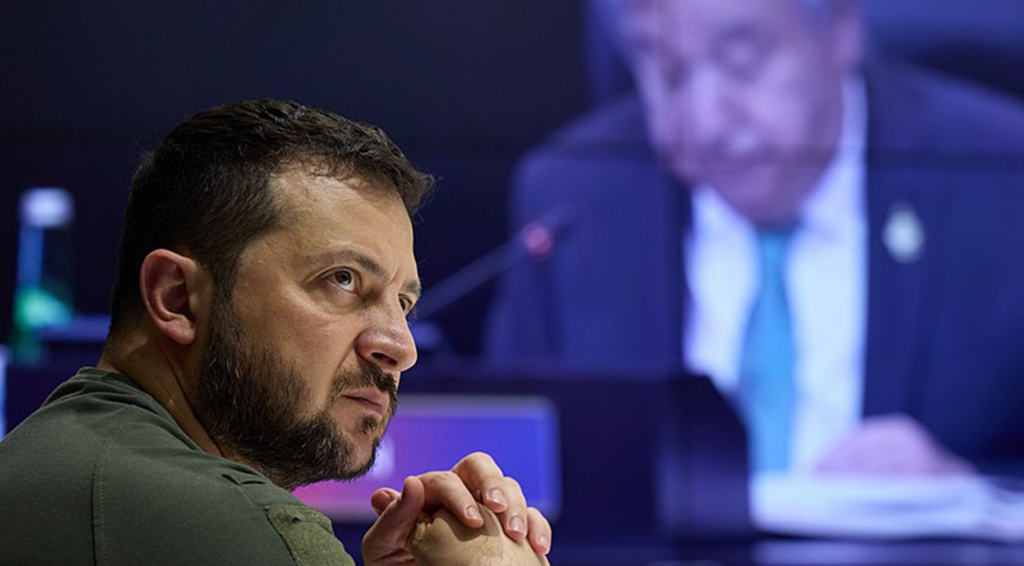
The Russian invasion of Ukraine has elevated the risk of nuclear war, particularly in Europe. President Putin has repeatedly threatened to use nuclear weapons in an attempt to coerce the West to accept his annexation of Ukrainian territory, and the USA has moved to upgrade its nuclear weapons deployed in NATO countries. The nuclear threat is also increasing in East and South Asia, e.g. in the Taiwan conflict between China and the USA and due to nuclear provocations from North Korea, and in the Middle East.
Switzerland has unique opportunities to ‘roll back the hands of the doomsday clock’. These opportunities arise from its position as a neutral country that hosts one of the key United Nations centers (in Geneva), the positive role Switzerland has played in mediating nuclear-weapons-related disputes in the past, and the fact that the country took up a 2-year position on the UN Security Council on January 1, 2023.
In a recently released paper ‘The Doomsday Clock and Switzerland as a neutral country’, Basel Peace Office, a new KOFF member, has put forward a number of proposals for concrete action that Switzerland could promote during 2023-2024 at the UN Security Council, Human Rights Council, Nuclear Non-Proliferation Treaty Meeting, UN Sustainable Development Summit, Meeting of the Treaty on the Prohibition of Nuclear Weapons (TPNW) and the UN Summit of the Future. These proposals include for Switzerland to:
1) Call on all nuclear-armed and allied states to reaffirm that a nuclear war cannot be won and must never be fought, and to implement this by adopting policies to never initiate a nuclear war (no-first-use policies);
2) Call on all states to commit to achieving the total elimination of nuclear weapons no later than 2045, the 100th anniversary of the United Nations;
3) Call on nuclear states to cut nuclear weapons budgets, and on all others to stop investing in the nuclear weapons industry and shift these budgets and investments to support public health, climate protection, peace and sustainable development instead.
Switzerland can find support for these calls through key international developments, including at the International Court of Justice and the UN Human Rights Committee, which have affirmed that the threat or use of nuclear weapons is illegal and that states have an obligation to achieve the global elimination of nuclear weapons under international agreement and control.
In addition, the leaders of the G20 countries (which includes six nuclear-armed countries and seven nuclear-allied countries) agreed at the G20 Bali Summit in November 2022 that “The use or threat of use of nuclear weapons is inadmissible(…). The peaceful resolution of conflicts, efforts to address crises, as well as diplomacy and dialogue, are vital. Today’s era must not be of war.”
Basel Peace Office also proposes that the Swiss government accede to the TPNW and encourage other states to divest from the nuclear weapons industry, as Switzerland has done (or mostly done) following the adoption of the Swiss War Materials Act of 2013.
Members of civil society can support these ideas by endorsing Protect People and the Planet: Appeal for a Nuclear-Weapon-Free World.